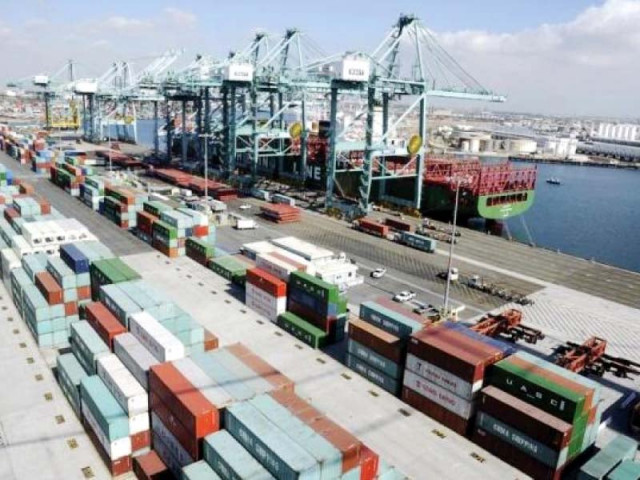US puts Germany, China on watchlist for trade surpluses
Washington suspects countries are behaving unfairly to support their economies

US treasury said that the five on the new list each met two of three criteria for assessing unfair play in trade. PHOTO: REUTERS
Taiwan, South Korea and Japan were also on a new watchlist of the US Treasury that points out countries that Washington suspects are behaving unfairly to support their economies.
The new assessment expands on the previous biannual “currency manipulator” review mandated by Congress that threatened to punish anyone found guilty of artificially holding their currencies down to boost their exports.
The Treasury said that the five on the new list each met two of three criteria for assessing unfair play in international trade. None, however, met all three of the criteria, which could lead to retaliation by US authorities.
The list includes conditions such as maintaining a significant trade surplus with the United States, maintaining a current account surplus larger than 3% of the country’s gross domestic product and repeated intervention in the foreign exchange market to keep its currency from appreciating.
China, Japan, Germany and South Korea were seen as guilty of the first two criteria but not the third. Taiwan was listed for its large current account surplus and persistent purchases of foreign exchange last year, keeping the New Taiwan dollar low against the dollar.
China has been on the Treasury’s watchlist for years for allegedly holding its currency down to gain trade advantage.
But the new report said that Beijing, since its surprise devaluation last August, has intervened heavily in foreign exchange markets in recent months to support its yuan currency, rather than push it down. If further depreciation of the yuan had followed, the Treasury said, it “would have had negative consequences for the Chinese and global economies.” As for Germany, which is a member of the eurozone and so not fully able to manipulate the euro shared currency, the Treasury said the country’s big trade surplus with the United States and its large budget surplus “represents substantial excess saving.”
That surplus, it said, could be used to support German demand, in turn “reducing the current account surplus and contributing markedly to the euro-area and global rebalancing.”
Published in The Express Tribune, May 1st, 2016.
Like Business on Facebook, follow @TribuneBiz on Twitter to stay informed and join in the conversation.



















COMMENTS
Comments are moderated and generally will be posted if they are on-topic and not abusive.
For more information, please see our Comments FAQ